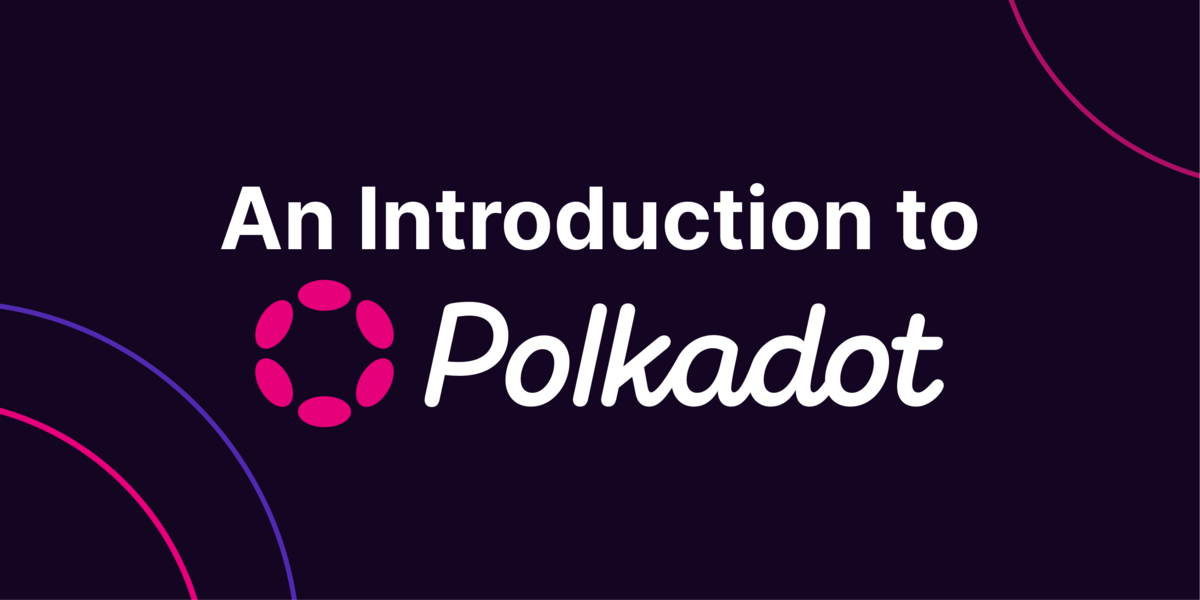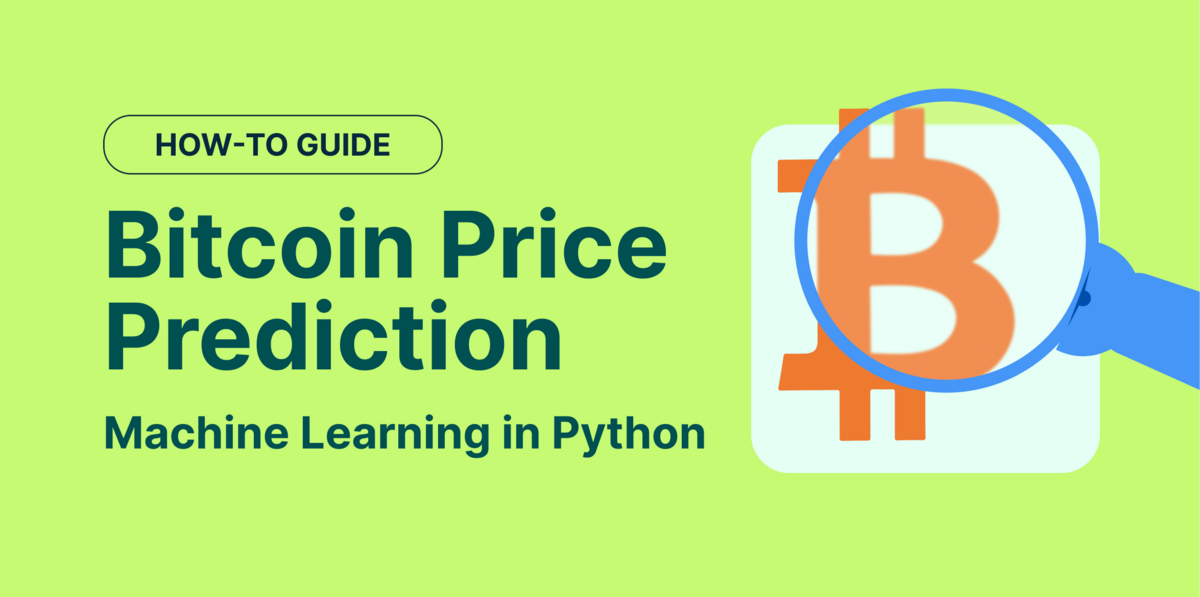What Is Shardeum?
Shardeum is an EVM-based Layer 1 network designed for linear scalability that promises low gas fees forever thanks to having the most advanced sharding solution. Shardeum will also have its own native coin, SHM.
Key Takeaways
-
Shardeum solves the scalability issue through linear scaling and sharding, along with autoscaling and its unique Proof of Quorum consensus.
-
Shardeum utilizes dynamic state sharding to improve transaction throughput while maintaining low gas fees.
The Arbitrum (ARB) airdrop was a highly anticipated airdrop that was awarded to those that participated in the Arbitrum mainnet beforehand.
One of the reasons why Arbitrum was so popular was because it was a scaling solution for Ethereum, performing at a far higher TPS and allowing for much cheaper transactions.
There are other protocols that aim to allow crypto and DeFi to scale, and Shardeum is one of them.
Shardeum’s team has been building since 2017, and was founded by the founder of WazirX, India’s largest crypto exchange. They raised $18.2 million in October 2022, and might be doing an airdrop to those that participate in its testnet.

Source: Shardeum Blog
In this article, we will take a look at what is Shardeum, some of its unique scalability features, along with a quick look at its ecosystem.
Introduction To Shardeum
Shardeum is an EVM-based Layer 1 blockchain designed for linear scalability, providing low gas fees forever, while maintaining true decentralization and solid security through dynamic state sharding. With the aim of onboarding the next billion people onto crypto, potential use cases for Shardeum ranges from DeFi to open source AI and games.
To overcome the blockchain trilemma of scalability, security, and decentralization, Shardeum draws on Ethereum's decentralization and security, while adding linear scalability through dynamic sharding and its combination of Proof-of-Quorum and Proof-of-Stake consensus.
Shardeum will have its own native cryptocurrency called SHM, although it is still in the development stage. That said, the team has shared the SHM tokenomics, and SHM will have a fixed supply of 508 million SHM coins.

Let’s explore what makes Shardeum worth keeping an eye on.
Shardeum's Unique Features
Shardeum is able to scale by using sharding technology that divides the blockchain into smaller, more manageable pieces, also known as shards, hence the name!
To elaborate further on sharding, a blockchain is essentially a large database system, and sharding blockchains refers to splitting large data tables into smaller tables called shards. By breaking information down to manageable pieces. This enables sharded networks to process more transactions per second (TPS) than non-sharded blockchains.
Sharding is not new to Shardeum, sharding is used by Zilliqa, Polkadot, Near, and even Ethereum (they use a version called Proto Danksharding). However, Sharedum uses a unique sharding technology called "dynamic state sharding”, which is the most advanced form of sharding.
Dynamic State Sharding
Dynamic state sharding is one of the most advanced sharding types. It is built to be flexible, and easily adaptable to changes in the overall blockchain ecosystem. Instead of having all the nodes in a shard covering the same address range, these nodes are assigned different address ranges with a significant overlap, enabling transactions that affect multiple shards to be processed simultaneously instead of sequentially, thus reducing the time to process the transaction. This also helps to increase transaction throughput and while always maintaining low gas fees.
Essentially, it allows a network to dynamically add or remove blockchain shards or the data storage method, as demand fluctuates. The main benefit of this is easy network upgrades without needing to halt the ecosystem.
Dynamic state sharding, unlike static state sharding, doesn't slow down the network as it can perform when the network load varies, while unsharded networks struggle with fluctuating network loads.
Atomic Processing And Cross Shard Composability
Shardeum also has atomic processing, which ensures that transactions are executed atomically. Atomic means that either all parts of the transaction are executed successfully or none of them are. Without atomic processing, transactions could fail or have inconsistent state data, which results in security risks and reduced reliability.
Together with atomic processing and Shardeum’s cross-shard communication, which allows for transactions to access and utilize data and state from different shards, it will enable complex transactions and smart contracts to be executed in a sharded environment, making coding easier for smart contract developers.
Autoscaling Feature
A network’s load and demand vary from time to time, and having the ability to scale automatically to accommodate the highs and lows of demand without compromising security or performance is known as autoscaling.
Autoscaling works by measuring the network load every cycle (1 minute), and based on the load, it will come to consensus on the number of validator nodes needed to process the load. The whole process is self-performing without any intermediaries.
This is similar to the Bitcoin network automatically adjusting its difficulty level every two weeks based on the hashrate.
For example, when a Shardeum dApp is receiving a lot of activity, the network automatically adds more active validator nodes to increase throughput. When activity goes back down, it will reduce the number of active validators and keep the operations on the network lean.
Linear Scaling
As its name suggests, Shardeum allows for more and more nodes to be added to the network to increase the transaction throughput instantly during peak demand. By adding more nodes to the network’s ‘standby’ validator pool, the TPS will increase proportionally making Shardeum the first Web3 network to scale linearly. When a node is on standby, it simply waits until the network activity picks back up and standby nodes will begin to be activated to increase the TPS.
This is the main X factor that impacts every other outcome on a blockchain network favorably including throughput, decentralization, security and constant transaction fees irrespective of the demand in the network.
Therefore, it is theoretically possible for Shardeum to achieve lightning-fast transaction speeds of over 100,000 TPS if there are enough demand and nodes!
Proof Of Quorum Consensus
Shardeum uses a unique combination of consensus mechanisms, using both Proof of Stake (PoS) + Proof of Quorum (PoQ).
Proof of Stake is a way to decide how new blocks of transactions are validated and who earns the reward for validating correctly. Anyone with the minimum required stake of SHM can participate in validation. This is the most popular consensus mechanism at the moment and is used by Ethereum, other L1s, and all Cosmos applications.
While Shardeum uses Proof of Stake to validate new blocks, it uses Proof of Quorum to validate transactions within groups. To elaborate, Proof of Quorum governs how transactions within a consensus group are validated, and a consensus group is made up of multiple nodes in a shard. PoQ nodes validate transactions individually as soon as they are received with a time stamp (this prevents double spending, which occurs when someone alters a blockchain network to reacquire the cryptocurrency that they spent so they can spend it again). The transactions are then gossiped to all the other nodes in a consensus group/shard on the network rather than every node on the network.
Together, Proof of Stake and Proof of Quorum allows for the collection of votes (aka quorum) in the form of receipts in a trustless and leaderless manner, allowing the network to remain decentralized.
Low Gas Fees Forever
On Shardeum, the consensus and processing are done at the transaction level and not at the block level.
Thanks to dynamic state sharding, the network will shard its state evenly and dynamically distribute compute workload, storage, and bandwidth among all the nodes. This type of parallel processing of transactions results in very low overhead for validator nodes as they will store only the state data of transactions they are involved in.
This enables Shardeum to maintain low gas fees for developers and users forever.
The Shardeum Ecosystem

Shardeum currently has three testnets: Shardeum Liberty 1.X, Liberty 2.X and Sphinx1.X and there are 69 projects in their ecosystem.
There are various categories of applications on Shardeum, from NFTs, to DeFi, and even games are being built.
The most important pillar in an ecosystem is the DEX, so let’s first take a look at the DEXs that are already live on Shardeum’s testnet.
DEXs

Every ecosystem needs a DEX, as it's where most of the transactions and trading is done. As of this writing, Swapped Finance is the only DEX that is live on Shardeum testnet.
It is similar to a Uniswap v2-style DEX where you can swap different tokens and incur a 0.3% fee, as well as provide liquidity and earn a ~0.21% fee on all trades proportional to the liquidity you’ve provided.
Domain Name Service

The next dApp we’ll explore is a domain name service application.
Dotshm.me is a Web3 domain name service similar to Ethereum name service (ENS), making it easier for others to send crypto to your name instead of your ‘0x’ address.
To get a domain on the testnet, simply connect your wallet to Liberty2.X, search for an available domain, and register a domain.
NFT Marketplace

No DeFi ecosystem is complete without an NFT marketplace, and Spriyo.xyz is exactly that. There are almost 3,000 different collections, and over 120,000 NFTs minted!
Go into the marketplace, explore, and even place some bids on NFTs that you like.
Just remember that all of these applications are currently testnets, but it is possible that they may have their own individual airdrops to testnet users in the future as well.
Conclusion
As the next billion users enter into crypto, scalability becomes a very real issue that many networks are looking to solve. One way to achieve improved scalability is through sharding, where blockchain databases are split into smaller tables known as 'shards'. It is also one of the next big upgrades for the Ethereum ecosystem, although they'll be facing competition from other chains. Shardeum willl likely be one of the key contestants in the scaling and sharding wards, as they've been building their own advanced version of sharding since 2017, and this allows their network to be infinitely scalable.
Fortunately they are still in the testnet phase, which means that there's still a potential to receive a Shardeum SHM airdrop, especially with the announcement that they'll be setting aside 5% for the ecosystem and airdrops.

CJ is a business graduate that has been involved in crypto for 4 years and specializes in DeFi protocols. He is also interested in TradFi becoming DeFi, and has written for ByBit, SwitcheoLabs, and others. Follow the author on Twitter @fishmarketacad





 Or check it out in the app stores
Or check it out in the app stores
